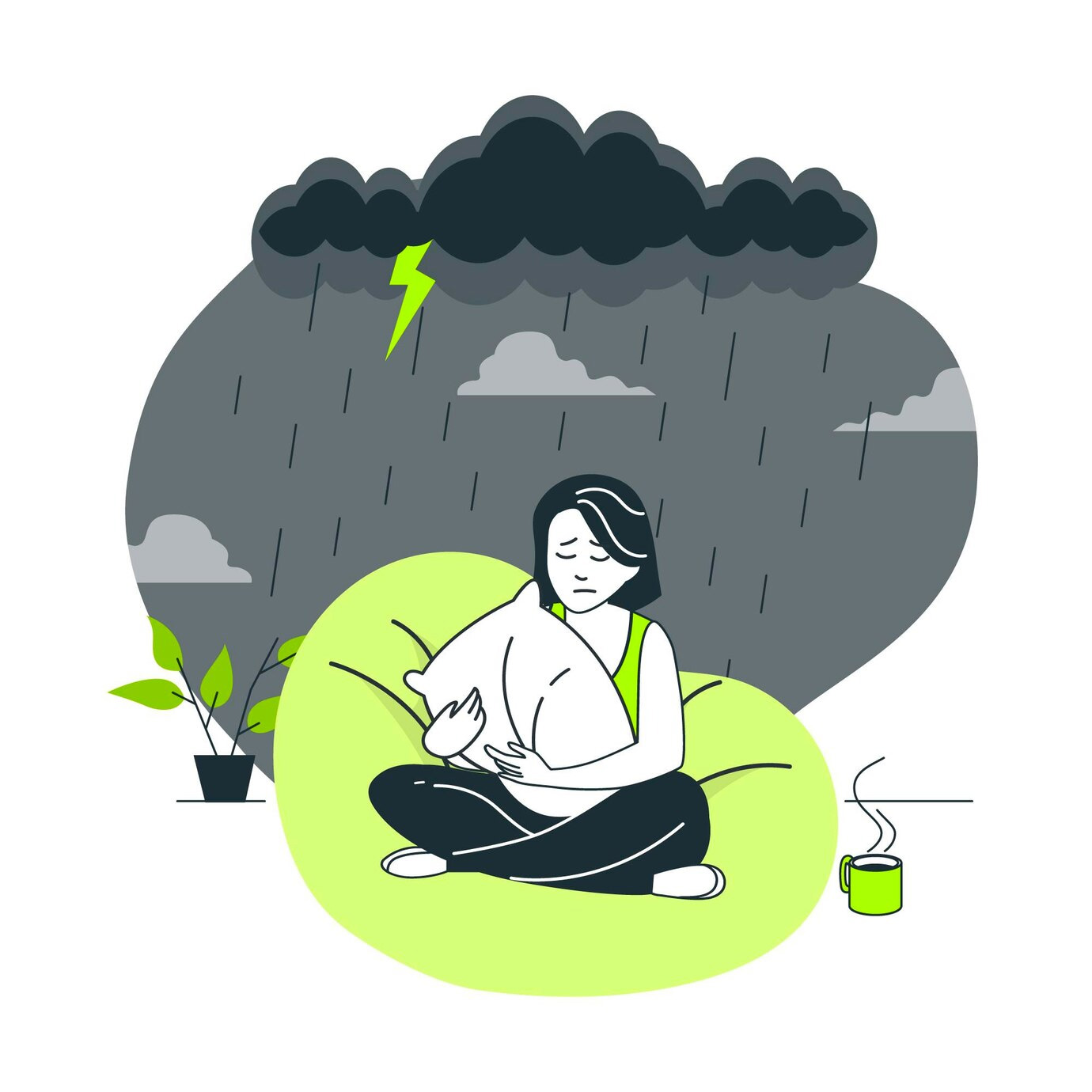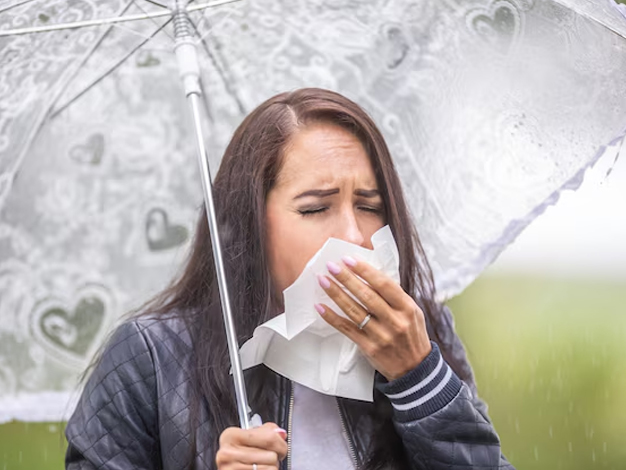
Even though monsoon brings respite from the simmering heat, it also is a carrier of several illnesses. Some of the common illnesses during this period are waterborne and vector-borne. People have also reported fungal and respiratory infections during the rainy season. Cases of gastrointestinal conditions are commonplace as well. However, Aishwarya Bhatnagar, food creator & co-founder at Better Nutrition, known for their biofortified atta and rice, feels most seasonal infections start with a weak gut. She suggests a few tips to bolster your monsoon nutrition.
As mentioned earlier, the prevalent monsoon illnesses can be divided under five heads:

Thanks to contaminated water, diseases like typhoid, cholera, and dysentery are pretty common during the monsoon season.
Due to continuous downpours and not cleaning of spaces, at times, water gets stagnant resulting in mosquito breeding. This eventually leads to dangerous diseases like malaria, dengue fever, and chikungunya.
The atmosphere remains humid, which makes people prone to fungal infections such as ringworm and athlete's foot.
Since the weather remains moist, cold, and damp, respiratory infections like bronchitis and pneumonia are common in the rainy season.
Don't Miss: Monsoon Travel in 2025: 7 Tips for A Safe Vacation As It Rains
And lastly, gastrointestinal infections like diarrhea and vomiting happen a lot during the monsoons because of the consumption of contaminated food.
To tackle this, the preventive measures that are usually suggested include:
Bhatnagar, however, feels “that what we eat during this season matters far more than what we avoid.”

“Think about it: most seasonal infections start with a weak gut. And yet our diets are often full of refined grains, lifeless carbs, and foods that may fill but don’t fuel. That’s where small changes can make a big difference,” she highlights.
She suggests 5 ways your diet can be monsoon-friendly:
Shift from over-polished rice and highly processed rotis to zinc and iron-rich staples like naturally biofortified atta, rice, or millets. These grains are not just higher in micronutrients but are also easier to digest especially when fermented or slow-cooked.
Include prebiotic foods like raw banana flour, sweet potato, and small amounts of homemade fermented pickles or kanji. These help foster good gut bacteria, which in turn help fight off monsoon pathogens more effectively.
Plain water is essential yes but so are electrolytes and bioavailable minerals. Try infusing your water with fennel, ginger, mint, or tulsi. A pinch of Himalayan salt and lemon in warm water can go a long way to replenish trace minerals lost due to sweat or mild infections.
Include foods rich in choline and omega-3s (like flaxseed or cold-pressed mustard oil) that support cellular immunity and mental clarity often hit during gloomy days. A smart switch: use mustard oil or cow ghee as your base fat instead of overly processed refined oils.
This is a vulnerable season for both lactating women and toddlers. Rather than quick fixes like processed “health drinks,” lean into smart everyday meals, iron-rich dals, sesame laddoos, soaked dry fruits, and whole grain porridges with jaggery and ghee. These nourish deeply without overloading sugar or additives.
“Monsoon is not about fear but balance. When your staples themselves carry strength, the rotis are rich in zinc, and the khichdi is more than just filler, you don’t need to add extra layers of immunity. It just becomes a daily habit. And that’s the kind of food wisdom we need: gentle, intelligent, rooted in both science and tradition,” wraps up Aishwarya Bhatnagar.
Don't Miss: Beat Humidity: Essential Fruits You Must Include In Your Monsoon Diet
If you liked the story, please share it. For more such articles, stay tuned to HerZindagi.
Also watch this video
Herzindagi video
Our aim is to provide accurate, safe and expert verified information through our articles and social media handles. The remedies, advice and tips mentioned here are for general information only. Please consult your expert before trying any kind of health, beauty, life hacks or astrology related tips. For any feedback or complaint, contact us at compliant_gro@jagrannewmedia.com.